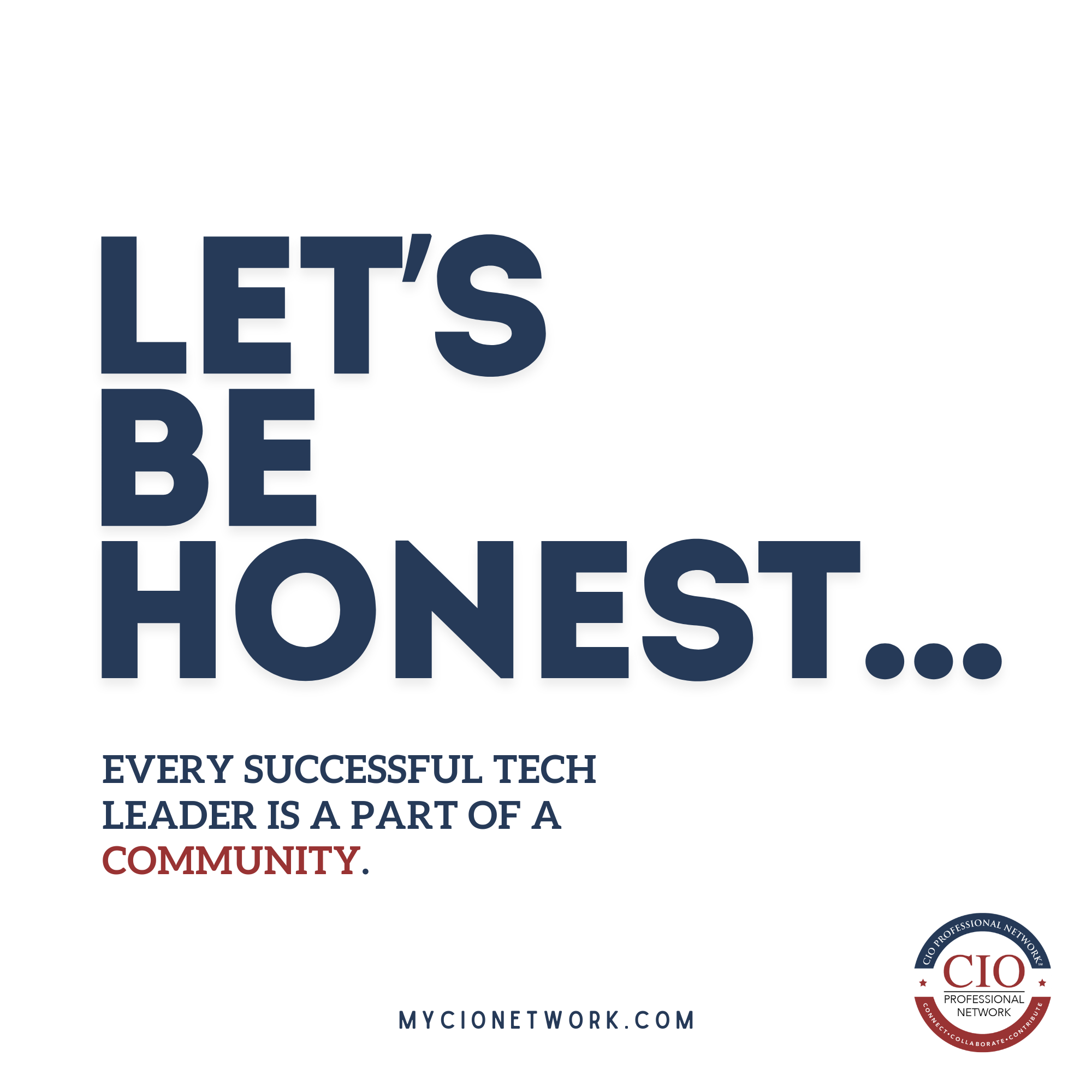With the generative AI revolution reshaping industries, large consulting firms long considered indispensable during technological transformations are discovering that times are changing. Companies are increasingly bypassing traditional advisors like Deloitte, McKinsey, and PwC in favor of internal teams, frustrated by consultants’ limited hands-on experience and lack of practical implementation at scale.
Despite spending billions to build AI-focused services and promoting themselves as the go-to experts, many consulting firms are now facing criticism for overpromising and underdelivering.
While enterprise spending on AI consulting continues to grow, trust in these firms’ ability to generate real business value appears to be declining.
Why It Matters: The consulting industry’s inability to lead the charge in generative AI poses a serious risk to its long-term business model. If clients continue turning inward for AI innovation, traditional firms may struggle to maintain relevance in the tech sphere.
- A Gap Between Expectations and Execution Is Eroding Trust: Many consulting firms have failed to deliver tangible AI outcomes despite bold marketing claims. Companies report that consultants often built compelling prototypes or proof-of-concept projects, but lacked the depth or expertise to scale those ideas across an enterprise. In some cases, consultants were perceived as learning on the job, at the client’s expense, eroding confidence and creating a sense of overbilling for underwhelming results.
- Internal Teams Often Prove More Capable: Several major companies, including pharmaceutical giants like Merck and Bristol-Myers Squibb, as well as CVS Health, have found that their internal technical teams are better positioned to identify and execute meaningful AI use cases. Unlike consultants, these internal teams are deeply familiar with organizational complexities and real-world workflows, enabling them to create more relevant and scalable applications. For some firms, this has led to the end of multi-million dollar contracts and the opting to proceed independently.
- Consulting Firms Were Unprepared for the Pace and Complexity of AI: Consulting heavyweights have traditionally excelled in helping companies with mature technologies like cloud migrations and digital transformations. However, generative AI’s experimental nature and rapid evolution exposed a lack of agility. Many firms were slow to recruit true AI talent and instead leaned on generalized consultants who lacked meaningful experience with commercial AI or custom LLMs. This left clients questioning the value of their engagements and wondering whether they could get better results from younger, more tech-savvy in-house hires.
- Demand Remains, but Delivery Still Lags Behind Promises: According to Gartner, global spending on generative-AI-related consulting hit $3.75 billion in 2024, almost tripling the 2023 figure. Yet, much of this growth is still in the exploratory or pilot stage, and few firms have demonstrated repeatable success in enterprise-wide deployments. Some consulting firms, like KPMG and Accenture, report rising demand and growing pipelines, but critics argue that meaningful ROI is still elusive and that many clients are being sold theoretical futures, not present-day solutions.
- Analysts Foresee a ‘Second Wave’ Where Consultants Might Rebound: Although skepticism is high, industry observers believe consulting firms may see a resurgence in four to five years once generative AI use cases mature and standard best practices are established. At that point, consultants could find renewed value in helping companies industrialize systems securely while navigating regulatory and compliance hurdles. In the current phase, where innovation is messy and fluid, clients appear more inclined to take risks with internal teams than pay for polished but shallow guidance.
Go Deeper -> How the AI Boom Is Leaving Consultants Behind – WSJ
Trusted insights for technology leaders
Our readers are CIOs, CTOs, and senior IT executives who rely on The National CIO Review for smart, curated takes on the trends shaping the enterprise, from GenAI to cybersecurity and beyond.
Subscribe to our 4x a week newsletter to keep up with the insights that matter.







